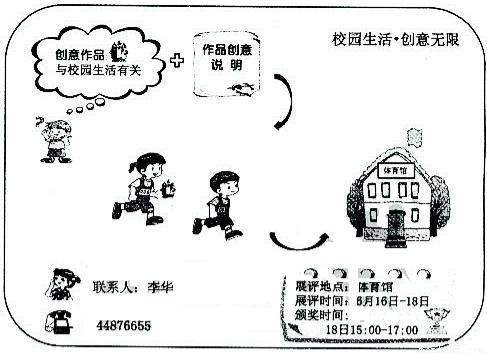题目内容
Human remains of ancient settlements will be reburied and lost to science under a law that threatens research into the history of humans in Britain, a group of leading archaeologists(考古学家) says. In a letter addressed to the justice secretary, Ken Clarke, 40 archaeologists write of their “deep and widespread concern” about the issue. It centers on the law  introduced by the Ministry of Justice in 2008 which requires all human remains unearthed in England and Wales to be reburied within two years, regardless of their age. The decision means scientists have too little time to study bones and other human remains of national and cultural significance.
introduced by the Ministry of Justice in 2008 which requires all human remains unearthed in England and Wales to be reburied within two years, regardless of their age. The decision means scientists have too little time to study bones and other human remains of national and cultural significance.
“Your current requirement that all archaeologically unearthed human remains should be reburied, whether after a standard period of two years or further special extension, is contrary to basic principles of archaeological and scientific research and of museum practice,” they write.
The law applies to any pieces of bone uncovered at around 400 dig sites, including the remains of 60 or so bodies found at Stonehenge in 2008 that date back to 3,000 BC. Archaeologists have been granted a temporary extension to give them more time, but eventually the bones will have to be returned to the ground.
The arrangements may result in the waste of future discoveries at sites such as Happisburgh in Norfolk, where digging is continuing after the discovery of stone tools made by early humans 950,000 years ago. If human remains were found at Happisburgh, they would be the oldest in northern Europe and the first indication of what this species was. Under the current practice of the law those remains would have to be reburied and effectively destroyed.
Before 2008, guidelines allowed for the proper preservation and study of bones of sufficient age and historical interest, while the Burial Act 1857 applied to more recent remains. The Ministry of Justice assured archaeologists two years ago that the law was temporary, but has so far failed to revise it.
Mike Parker Pearson, an archaeologist at Sheffield University, said: “Archaeologists have been extremely patient because we were led to believe the ministry was sorting out this problem, but we feel that we cannot wait any longer.”
The ministry has no guidelines on where or how remains should be reburied, or on what records should be kept.
1.According to the passage, scientists are unhappy with the law mainly because _______.
A. it is only a temporary measure on the human remains
B. it is unreasonable and thus destructive to scientific research
C. it was introduced by the government without their knowledge
D. it is vague about where and how to rebury human remains
2.Which of the fo llowing statements is true according to the passage?
llowing statements is true according to the passage?
A. Temporary extension of two years will guarantee scientists enough time.
B. Human remains of the oldest species were dug out at Happisburgh.
C. Human remains will have to be reburied despite the extension of time.
D. Scientists have been warned that the law can hardly be changed.
3.What can be inferred about the British law governing human remains?
A. The Ministry of Justice did not intend it to protect human remains.
B. The Burial Act 1857 only applied to remains uncovered before 1857.
C. The law on human remains hasn’t changed in recent decades.
D. The Ministry of Justice has not done enough about the law.
4.Which of the following might be the best title of the passage?
A. New discoveries should be reburied, the government demands.
demands.
B. Research time should be extended, scientists require.
C. Law on human remains needs thorough discussion, authorities say.
D. Law could bury ancient secrets for ever, archaeologists warn.
1.B
2.C
3.D
4.D
【解析】
试题分析:本文是一篇关于考古话题的议论文。英国法律规定出土的文物要重新埋入地下,考古学家们认为这对考古工作是有害的。
1.
2.
3.
4.
考点:考查新闻报道类短文

 暑假作业海燕出版社系列答案
暑假作业海燕出版社系列答案 was a hand-drawn of me, teeth blackened and the words “I’m stupid” coming out of my mouth.
was a hand-drawn of me, teeth blackened and the words “I’m stupid” coming out of my mouth.